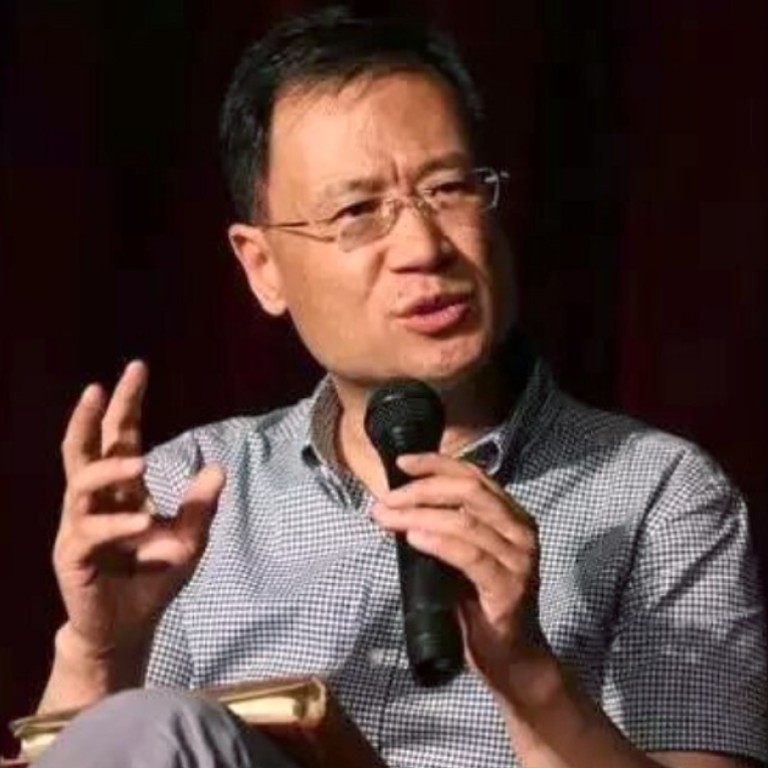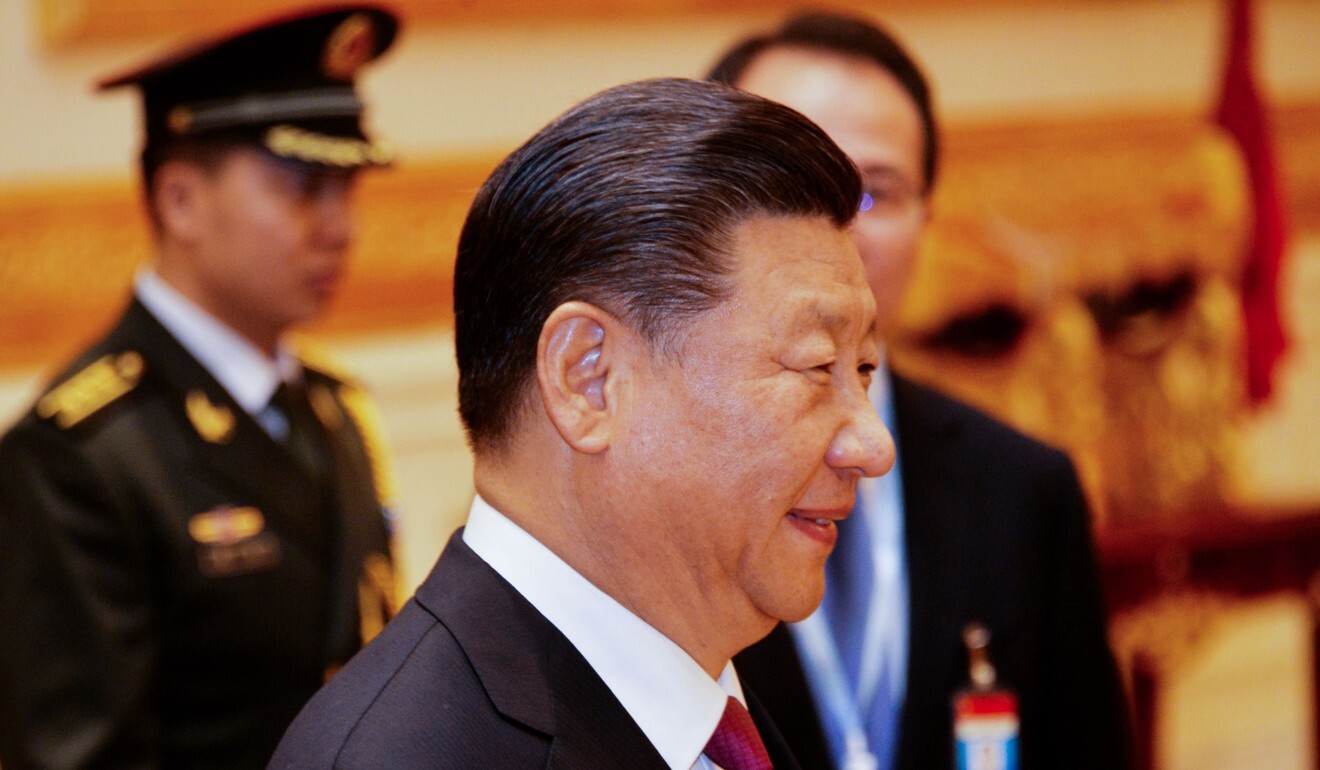
Chinese Communist Party critic Xu Zhangrun released after week in detention, sources say
- Tsinghua University professor returned to his Beijing home on Sunday morning and is now resting, friend says
- Xu, who criticised China’s leaders for their handling of the coronavirus outbreak, was taken into custody on Monday
“As I learned, Xu returned home about 7.30am and was taking a shower and resting,” Wang Bin, a writer and close friend said of the Tsinghua University professor.
“He’s well. I think he will tell the details later himself.”
The Post was unable to reach Xu for comment. A police officer at Beijing’s Changping branch, which oversees the area where Xu lives, said he was unaware of the case.
Xu was detained on Monday, and police officers told his wife then that he would be released on Sunday, Wang said.
Despite some people fearing the academic might be held for more than a week, Zhang Ming, a political-science professor at Renmin University and friend, said he was always confident Xu would be freed.
Police had earlier told Xu’s family that he was suspected of soliciting prostitutes in the southwestern city of Chengdu. While doing so is not a criminal offence, it is a violation of public security administration regulations and carries a maximum penalty of 15 days’ detention.
“But because the authorities lacked credibility, the public didn’t believe Xu would do that, so it was difficult for them to continue with the case,” Zhang said.
“There’s a lot of uncertainty following Xu’s case. Anything could happen,” he said. “But if he shuts up and stops criticising the authorities, that might be it, the authorities may not bother him again.”
Xu is one of just a handful of Chinese academics to have openly criticised the party, which has tightened its grip on the nation’s universities.

In a strongly worded article published in February on Chinese-language websites overseas, Xu accused China’s leaders of “putting politics above the people”.
In the article, he urged the nation’s leadership to rethink its handling of the epidemic and apologise for its mistakes. He also suggested a monument be erected in Wuhan – the central China city at the epicentre of the initial outbreak – to serve as a memorial and an expression of remorse.
Writer hit by nationalist backlash over diary about Wuhan lockdown

